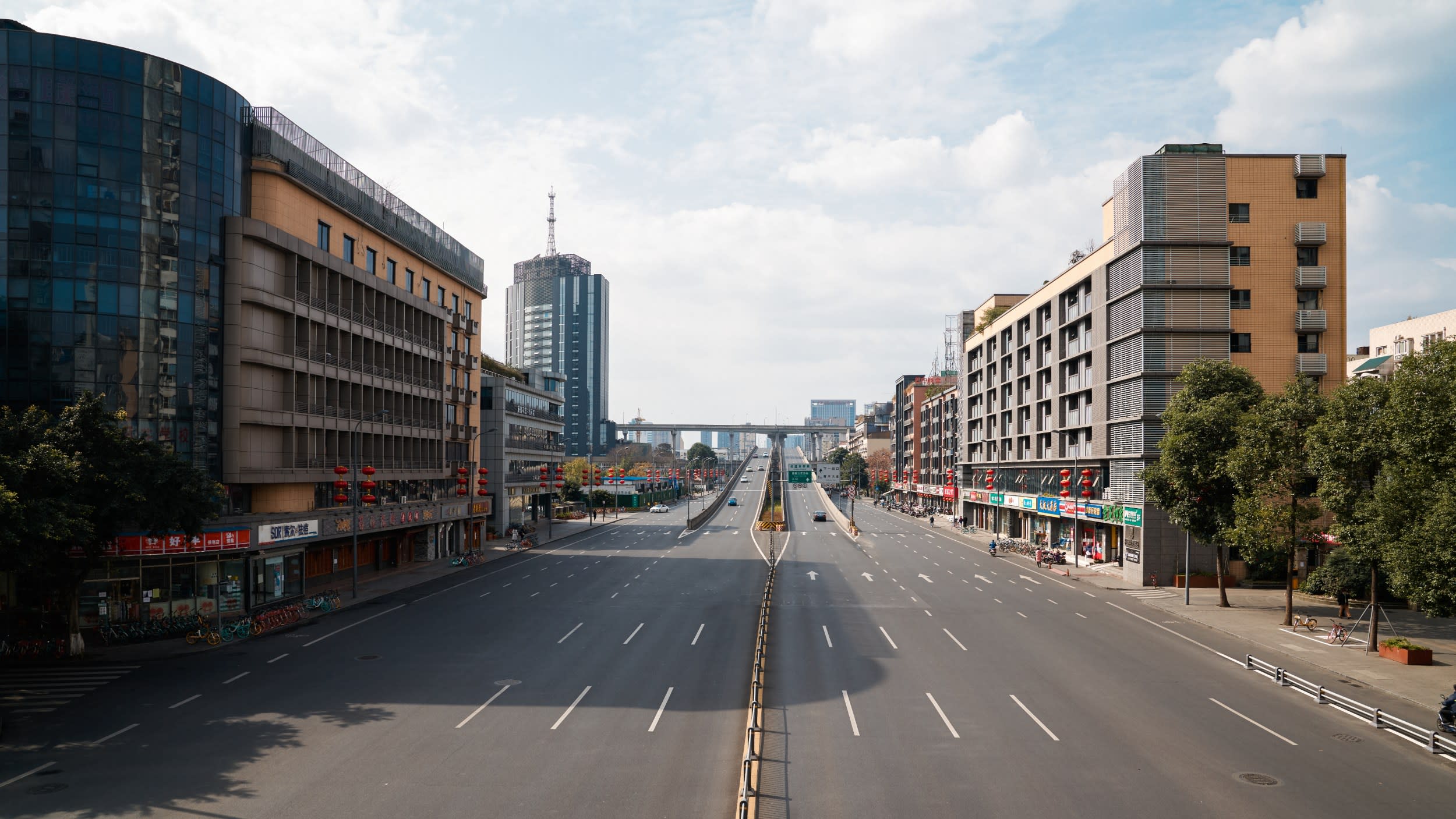“Unfortunately for China, we Westerners are not as prudent”

- Economy
“May 2020 will go down in global history as the month in which most societies tentatively got back to work again. In the Netherlands, France and Switzerland, primary schools will open again after the May holiday. In Paris, people are allowed back onto the streets again without needing a note to explaining what they are doing. Even Italy announced yesterday that it would be cautiously opening its doors again in early May.
“Going strictly by the rules, this is too soon. It wasn’t so long ago that the President of the European Commission announced that the measures could not be relaxed until three conditions had been met: 1. the virus must be on the wane; 2. the healthcare sector must have recovered; and 3. technology must be in place for testing and tracing, to make sure that people can self-isolate if they are sick. Not a single country, virtually, meets those last two conditions. So why are we relaxing the lockdowns? Because the virus is not the only factor at play.
“The economy is also important to our wellbeing: not simply the economy of keeping down a job or realising revenue, but the economy as the entirety of public life, such as dining out, clubbing, travelling, playing sports, buying, selling, staying in hotels, and so on. It is remarkable how much more the economy is besides simply generating an income and buying food – most of us are still doing those two things, and yet the data show that our economy is taking an enormous hit. This indicates that our ‘normal economic life’, with thriving prosperity, stems largely from everything that goes on in the background.
“"For the economy itself, of course, this is not the best solution. China is the only country that is going by the book."”
Sandra Phlippen
Chief Economist ABN AMRO“That background activity is called the services sector. We hang out in bars, play laser tag, visit knitting cafes and consult experts. Services are what we do to fill our spare time – and strangely, it turns out, we cannot do without them. It is impossible to venture outside without seeing that the population of the Netherlands is starting to ignore the lockdown measures. Slowly but surely we are breaking out. So it is probably more sensible for the government to go with the flow.
“For the economy itself, of course, this is not the best solution. China is the only country that is going by the book: first rigorously suppress the virus (and shut down public life), mobilise a massive healthcare capacity, and install technology to prevent people from leaving their homes unless they can show that they do not carry the coronavirus. Although the idea is unappealing, it allows for a rapid economic recovery. China’s industry is largely back up and running, and the services are very gradually following suit.
“What is particularly unfortunate for China is that we Westerners are ‘not quite’ as prudent: our slow recovery will mean less demand for Chinese products. Our lack of ‘community discipline’, as the Chinese like to call it, is in fact costly for the economy. We are starting before we are ready, and as a consequence our recovery will be painfully slow. Perhaps that is something that we should just accept, since our service economy is a fundamental part of feeling alive.”